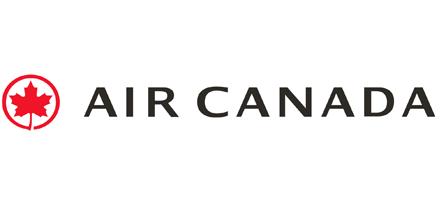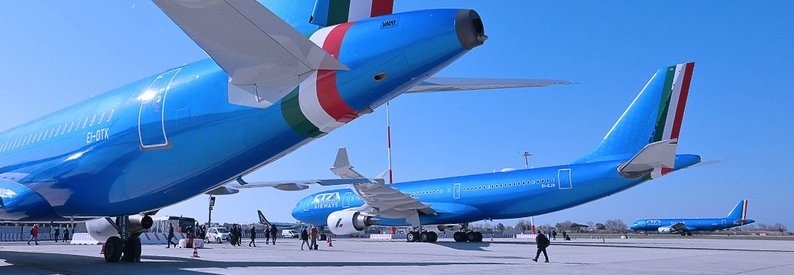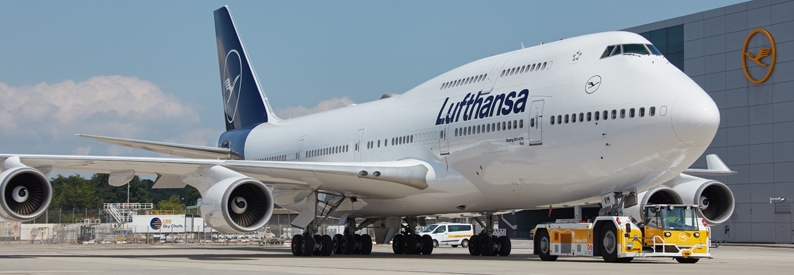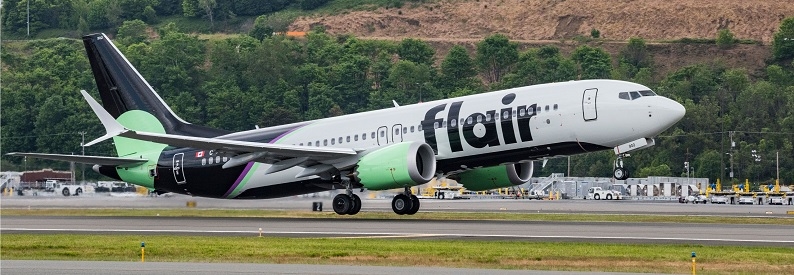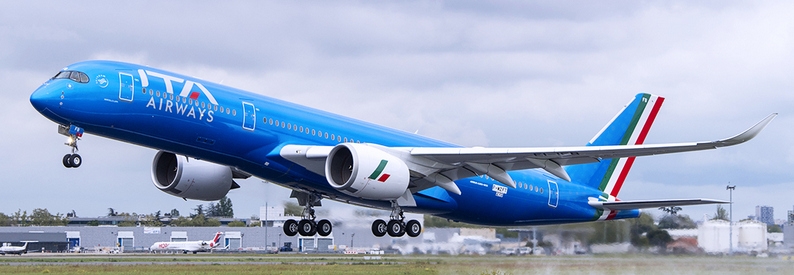The National Airlines Council of Canada has criticised the omission of federal aid to the country’s major airlines from the government’s Fall 2020 Economic Statement.
“While other countries around the world moved forward months ago to provide sectoral support for airlines, Canada remains a global outlier and is ostensibly stuck at Stage Zero on the government planning process. This lack of action does not reflect the economic importance of the sector to Canada’s overall recovery, nor the need to ensure Canada’s largest carriers can continue to compete internationally,” NACC president and Chief Executive Officer, Mike McNaney, said in a statement following the recent Fall Economic update delivered by Finance Minister Chrystia Freeland. The NACC represents Canada’s largest air carriers, the likes of Air Canada, Air Transat, Jazz Air, and WestJet.
The Canadian government has pledged a CAD796-million Canadian dollar (USD622.9 million) aid support package for the country’s cash-crunched air transport industry in its 2020 Fall Economic Statement. Of this, none has been earmarked for major airlines, with the government saying it was still working on establishing a process with them regarding financial assistance.
However, it has designated CAD206 million (USD161.2 million) for this year and next to help regional air carriers, to be delivered through the government's regional development agencies under the banner of the Regional Air Transportation Initiative.
The bulk of other assistance has been earmarked for airports, with CAD186 million (USD145.5 million) over the next two years for small and regional airports (through a much-maligned Airports Capital Assistance Programme); and CAD498 million (USD389 million) for critical infrastructure at large airports over the next six years under a new transfer payment programme. Rent payments for small airports will also be waived for the next three years, as well as for medium-sized airports for 2021. Airport authorities will receive an additional CAD65 million (USD50.8 million) in new funding over the next two years.
The NACC said Canada had lost 85% of its air connectivity due to the COVID-19 pandemic, with flights significantly reduced or eliminated in every region of the country as carriers took every measure possible to preserve finances and remain in operation. “While we note the government has affixed a CAD206 million budget to its support for regional air transportation, the government has yet to provide details of the new Regional Air Transportation Initiative and how such an initiative will, in practice, support the continued existence of regional air services,” McNaney said.
“NACC members have spent years and invested billions of dollars building regional and international networks to create the level of connectivity needed to support hundreds of thousands of jobs across the country and in every sector of the economy. Those jobs and investment are now being eroded, as is Canada’s ability to establish an overall path to recovery,” he added.
“Governments around the world have provided their domestic aviation sectors approximately USD173 billion in support, precisely because a healthy aviation industry is critical to overall economic recovery. As other countries continue to provide a clear path forward, now that the Fall Economic Statement has been issued it is time for the federal government to follow the global approach and move urgently to finalise Canada’s path to supporting financial assistance for airlines, and in turn, ensure aviation can support Canada’s overall recovery. Hundreds of thousands of jobs in communities large and small across the country, will be impacted by how the government proceeds,” he said.
“In addition to urgently addressing liquidity, we need the federal government to rapidly move forward with a clear and effective testing regime at airports to support the continued safe restart of the sector and address border and travel restrictions. NACC members and our airport partners have launched testing programs in Toronto Pearson, Calgary, and Vancouver International to enable science-based and data-based decision making concerning quarantine and testing measures,” McNaney said.
